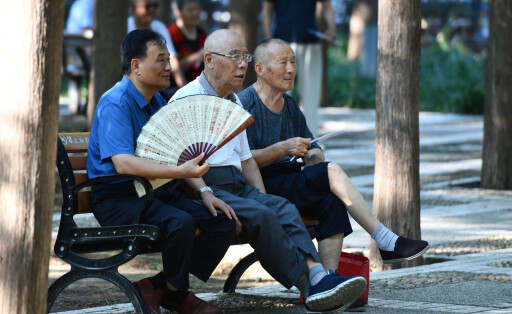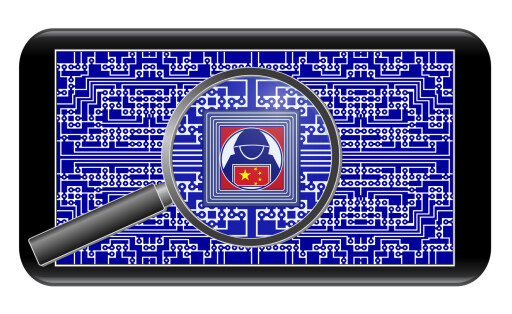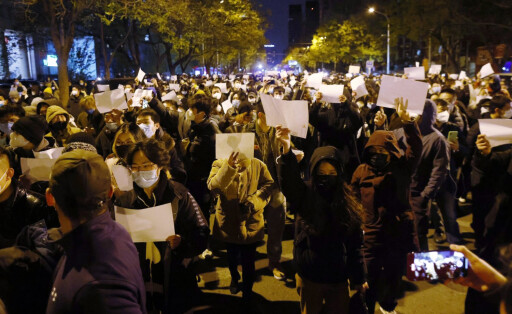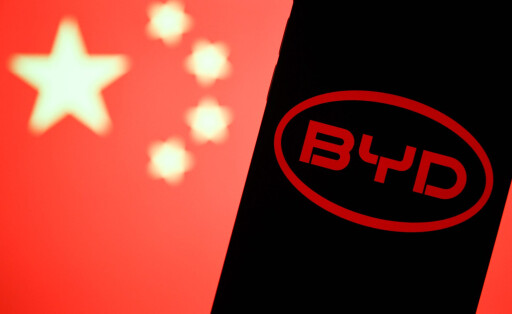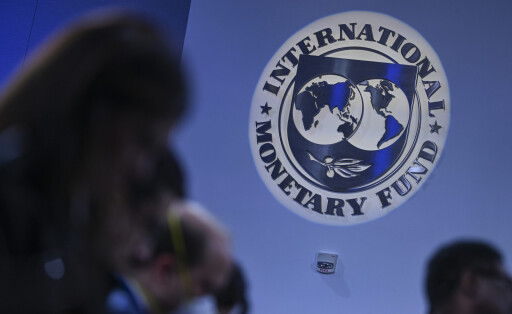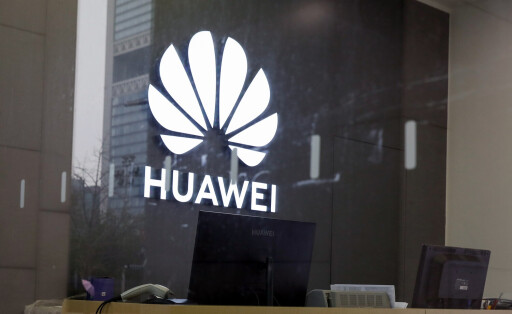
Huawei: Why the company recorded an earnings surge
Huawei saw a huge jump in sales and profits in the first half of the year. The technology company is hunting for market share, especially from Apple's iPhone. According to analysts, mobile phone sales increased by over 50 percent.
By

